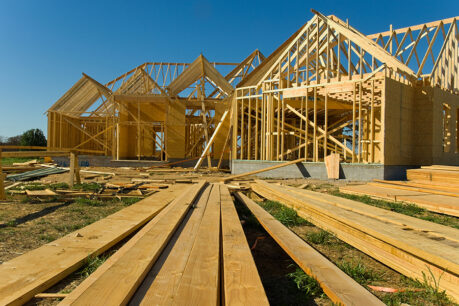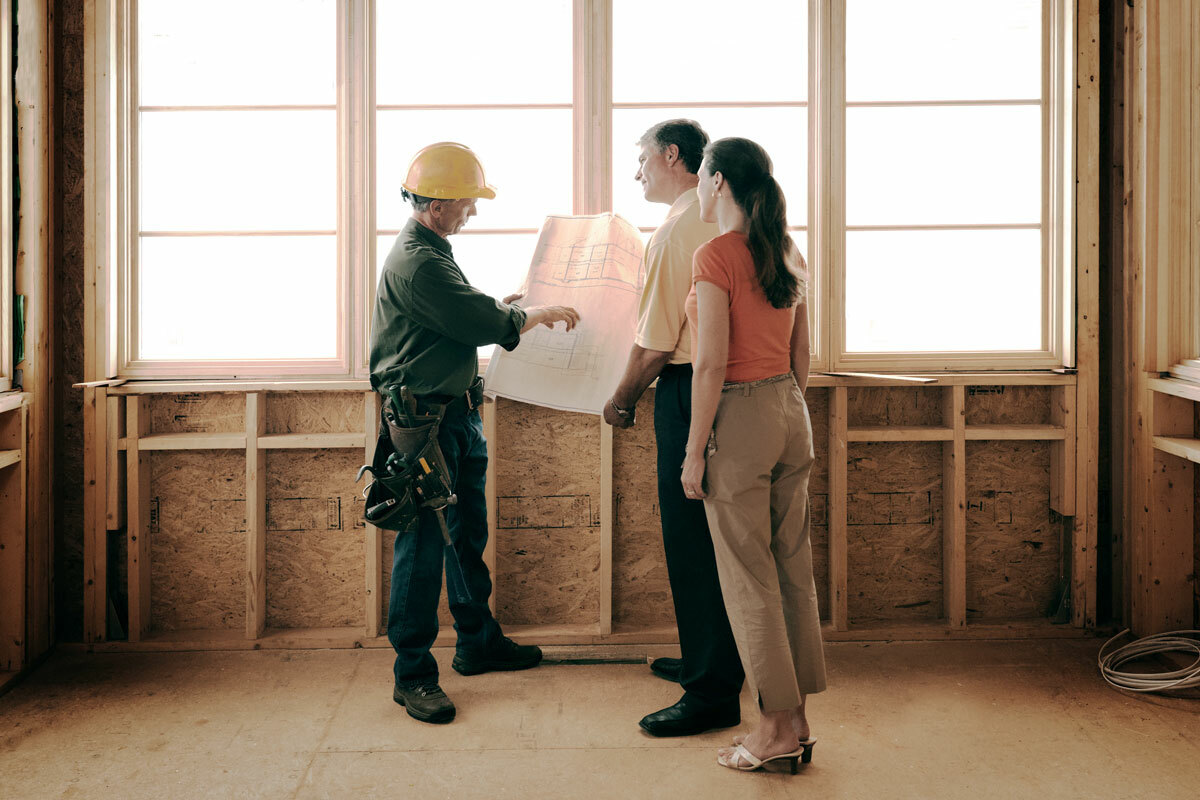
Ready to start “breaking ground” on your search for a lot on which to build a home for you and your loved ones? Every year, many homeowners choose to build a home instead of buying for all sorts of reasons, including negative purchase market conditions and a desire to build something exactly to their own standards and needs. Here are a few things that it’s good to keep in mind when you start to search for the location of your future home:
Select an Agent You Can Trust
A good real estate agent can be invaluable in any real estate deal, but particularly so if you are looking to engage in major construction activity on the lot being purchased (building on a vacant lot, or demolishing an existing structure and building in its place). If you’ve never purchased a vacant lot before, it’s often advisable to seek out an “agent who has extensive experience negotiating land deals specifically,” according to U.S. News and World Report ®. The institutional knowledge of an experienced real estate agent can help you avoid common pitfalls that first-time land buyers often run into.
What if I Already Own the Land I Want to Build a Home On?
Not all home construction loans require the purchase of land to build a home on. Sometimes consumers will have already purchased, inherited, or otherwise acquired a vacant lot or a lot they’d like to tear down and build again on. Many lenders will be happy to issue a construction loan to borrowers who already own the lot on which they plan to build.
Do Your Due Diligence on the Property
Even with a first-class real estate agent on your team, or with your name already on the deed to the property, it’s good to stay on top of any potential problems that could delay the purchase or the build.
After you view the property, but before you sign anything with the seller, be sure to do some research on your own to help avoid running into major problems later on. Remember to confirm that the property is zoned for the home you want to build. According to FamilyHandyman.com ®, a good way to go about this is to “reach out to the local planning or zoning commission, and start with a look at their website to see if zoning maps are online.”
Be sure also to confirm you know and understand any homeowner’s association (HOA) restrictions that may be in effect on the property you are interested in purchasing. You will also want to confirm that the property has access to utilities, as well as road access before you get stuck. FamilyHandyman.com ® also says, “some remote house builds lack road access. If there is no public or private road going to the property, you may need to create one. This is often costly […] you may need to apply for a right-of-way easement to gain use rights to neighboring properties if the lot is landlocked by adjoining parcels.”
Get Your Finances Together, and Seek Out a Pre-Approval for a Home Loan*
Budgeting and carefully evaluating your purchasing power as a soon-to-be home builder is often a good idea when you are just starting out on the hunt for land on which to start building a custom home. Building a new home can be expensive, and it’s important to be sure your finances are healthy before you get in touch with a lender like a bank or mortgage company. If your DTI, or debt-to-income ratio, is already high, consider paying off credit cards or auto loans to free up your monthly cash flow before you open a new line of credit like a home construction loan.
Getting in touch with a lender early in the process could help equip you with a pre-approval letter, which often helps bidders stand apart from the pack when they identify a property they like. A pre-approval letter can help say to the seller, “this buyer is motivated, and has already done a lot of the work to purchase your property.” When you are competing with multiple offers, this can help you stand apart.
In order to issue a pre-approval letter, a construction loan officer at a home lender may ask you for a few items alongside your loan application, which might include:
- Income documentation such as paystubs, W-2s, or tax returns if self-employed,
- Bank statements or other proof of funds to pay the closing costs of your home loan, as well as to make a down payment if one has not yet been made,
- Your credit history, which your lender may pull in the form of a credit report with your FICO/credit score.
Additionally, there are a few items that a home construction loan, in particular, may require, including but not limited to:
- Your agreement with your builder,
- Your builder’s plans for your home, in addition to their license to build and proof of the builder’s insurance.
What to Remember as the Build Goes On
Once you have chosen your builder, gone through the underwriting and approval process at your home lender, and you have closed on your home construction loan, you will be ready to start actually “breaking ground” – this time to build a dream home. Congratulations!
Over the course of the construction of a new home, the builder will often directly “draw on” the funds that your lender makes available in order to secure materials, labor, and other necessities for getting your house built. Some lenders issue a “draw schedule” breaking down what, when, and how the funds will be used by the builder. You may refer to this document at any time over the course of the build.
After you build a home and the structure is completed, what comes next? Depending on the kind of construction loan that you have taken out, you may be required to refinance the existing construction lien into a more standard home loan, like the kind you would take out if you purchased the home directly. However, if you have opted for a “single close” home construction loan, your loan may automatically convert to a regular old home loan upon completion. Remember to check the first payment date, even if you pay your bills with AutoPay.
More Resources for Building a Home
For many, the chance to start building a custom home comes once in a lifetime. Even trusted advice from a friend who built a home just five years ago may no longer be relevant in a rapidly changing housing market. As you embark on this journey, remember that staying informed and seeking expert advice are essential for navigating the complexities of home construction successfully.
*This article is intended for general informational and educational purposes only and should not be construed as financial or tax advice. For more information on financial planning or investment advice, consult a registered investment advisor or financial planner.
This information is intended for educational purposes only. Products and interest rates subject to change without notice. Loan products are subject to credit approval and include terms and conditions, fees and other costs. Terms and conditions may apply. Property insurance is required on all loans secured by property. VA loan products are subject to VA eligibility requirements. Adjustable Rate Mortgage (ARM) interest rates and monthly payment are subject to adjustment. Upon submission of a full application, a mortgage banker will review and provide you with the terms, conditions, disclosures, and additional details on the interest rates that apply to your individual situation.


